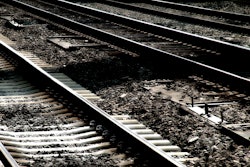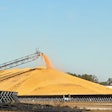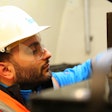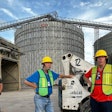Those who need to worry about barge traffic on the Mississippi River got some good news in mid-January. The Army Corps of Engineers completed “the first phase of the most critical rock removal work on the Mississippi River near Thebes, IL, ahead of schedule…” yet, just in time. The river typically is at its shallowest in January, improving in February. Lets hope that holds this year.
According to reports, in just three weeks they increased the river’s depth by two feet, keeping that stretch open. Amazing how we can blast, grapple and move rock when we have to. But clearly that’s much easier than getting fast, smart economic decisions from government. The fact is our transportation system is suffering far beyond the banks of the Mississippi.
Last summer, Ken Eriksen of Informa Economics spoke at our Interconnectivity Conference. His presentation, in part, focused on domestic transportation infrastructure. He pointed out that transportation options are improving, slowly, in those countries most competitive with the U.S. when it comes to ag production. And that transportation infrastructure problems in the United States are hurting our ability to efficiently move products to export. Inefficiency means lower transport capacity, leading to higher costs.
While the rail industry is a bright spot, investing billions in improvements, other areas are suffering. We’re losing miles and miles of ‘functional’ rural roads each year as their condition deteriorates, and our aging bridges, along with the Mississippi River lock system, add further risk. If this erosion in infrastructure continues, it will have a rather dramatic impact beyond the farm gate and our country elevators. Eriksen said that getting products to “the second order of consumers in the supply chain” generates 1.5 million jobs, over $41 billion in labor earnings, more than $352 billion in U.S. output and greater than $74 billion in value added on the U.S. economy.
I don’t pretend to understand global economics, or fiscal cliffs or debt ceilings. I do understand that investment in infrastructure means jobs, jobs help families and they boost tax coffers. That’s important. Whether locally, with state and national associations, with senators and congressmen, I hope you can raise this issue and push for smart investments that create jobs now and long-term competitive opportunity for the country.

















